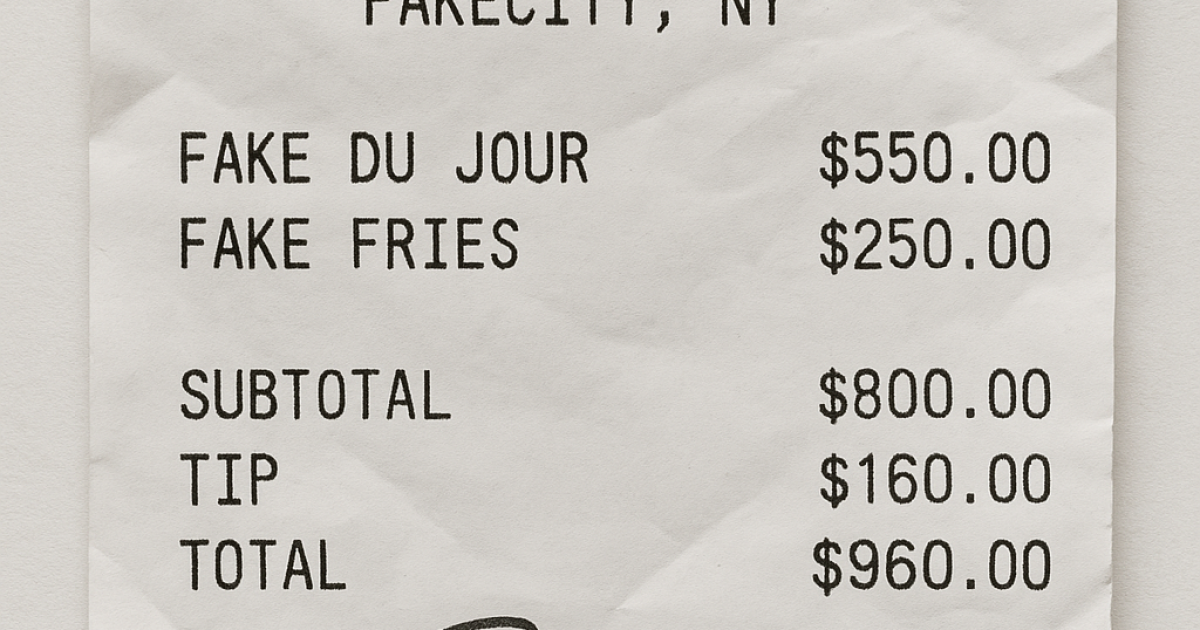Stay informed with free updates
Simply sign up to the US financial regulation myFT Digest — delivered directly to your inbox.
A US appeals court has tossed out far-reaching new rules that would have forced private equity and hedge funds to be more transparent and change the way they treat their customers.
The Fifth Circuit Court of Appeals said the US Securities and Exchange Commission overstepped when it sought to force private fund managers to provide investors with detailed quarterly performance and expense reports and limit secret side deals that gave better terms to some investors.
The unanimous decision is a major defeat for SEC chair Gary Gensler because it vacates one of his highest-profile reform efforts and raises questions about the commission’s power to impose many of the other rules it is working on.
The Fifth Circuit not only rejected the SEC’s claims that post-2008 crisis reforms had given it broad powers to regulate private funds but also said that the commission had failed to specifically link the new rule to its traditional fraud-prevention powers.
“The Commission has exceeded its statutory authority . . . no part of it can stand,” Judge Kurt Engelhardt wrote for the three-judge panel.
Private fund industry groups, which are fighting the SEC on a number of fronts, hailed the decision as validation of their concerns about this rule and Gensler’s broader reform efforts.
“Today’s ruling is a significant victory for markets, fund managers, and investors,” said Bryan Corbett, president of the Managed Funds Association. “Unfortunately, this is just one instance of SEC over-reach as it looks to push through the most aggressive agenda in decades.”
“The court has sent Washington regulators a strong message that they cannot bypass Congress when pushing their extreme agenda,” said Drew Maloney, president of the American Investment Council.
The SEC said it was reviewing the decision and determining its next steps. It could appeal to the US Supreme Court, but there it would encounter a conservative majority that has been steadily trimming back the authority of administrative agencies including the SEC.
The private funds industry fought the reforms as soon as they were proposed in early 2022, arguing that they imposed unnecessary constraints on a $27tn industry that serves pension funds, universities and, increasingly, wealthy individuals. Since 2012, the number of private funds has more than tripled to more than 100,000. The SEC had estimated that compliance would have cost the industry billions annually.
Though the final package was somewhat toned down from the original proposal, industry groups responded with fury and banded together to bring the case in the famously conservative New Orleans-based Fifth Circuit, rather than in Washington, where SEC rules have traditionally been challenged.
It is the latest legal setback for the agency as Gensler’s rulemaking agenda has come up against a string of lawsuits. Courts forced the commission’s hand on approving spot bitcoin exchange traded funds, and the SEC earlier this year paused a long-awaited rule that for the first time would have required company disclosures on climate risks, after a group of US states, the US Chamber of Commerce as well as climate groups challenged the measure in court.
Simpson Thacher partner David Blass said the Fifth Circuit opinion requiring specific links to fraud prevention raised questions about the SEC’s ability to push forward new rules for investment funds on safeguarding assets, outsourcing and the use of predictive analytics. “The requirement of specificity is going to be a challenge for these other proposals,” he said.
Credit: Source link










